In January 2020, Université Grenoble Alpes (UGA) signed the Charter and the Code, and declared its commitment to the HRS4R process, with a view of obtaining the “HR Excellence in Research” award, recognizing the process and the measures taken to implement the stated principles. Thanks to the working groups organized with the research community, the group project was able to identify specific actions that should be put in place in order to comply with the 40 points defined in the European Charter for Researchers and the Code of Conduct for Recruitment.
What is the European Charter for Researchers and the Code of Conduct for Recruitment of Researchers?
In 2000, Europe set the objective of increasing the number of researchers in Europe from 700,000 to 1,000,000. This involves retaining leadership in R&D within an increasingly competitive global context, while also dealing with the aging of the European population.
In order to attract the best researchers from around the world, and to encourage young people to choose a scientific career, the European Commission published the European Charter for Researchers and the Code of Conduct for Recruitment (C&C) in 2005, both for Member State employers and funding agencies, and for researchers in general, from PhD students to experienced researchers.
The 40 principles of the Charter define the roles, rights, responsibilities, principles of career support, social commitments and those relating more generally to working conditions, in carrying out research and teaching work and in the development of career pathways.
The purpose of the Code of Conduct for the Recruitment of Researchers, according to the Code itself, is to improve recruitment , in particular by making selection procedures fairer and more transparent. It also proposes a principle of open recruitment through publications, transparent criteria, and selection based on professional competences in relation to the objectives to be achieved, without direct or indirect discrimination.
What do the bodies that have signed up to the Charter and Code commit to?
The purpose of the Charter and the Code is to generalize, within the European Union, good practice in terms of recruitment, working conditions and the work of researchers: harmonizing the practices of States, facilitating mobility, and increasing the attractiveness of Research, which is a lever for European economic competitiveness and employment, by proposing real career opportunities.
The bodies that adopt the Charter and the Code, texts that are not in themselves binding, commit to developing their human resources policies and practices in order to make them as similar as possible to the European Commission’s recommendations and to respect the principles and the values that they support.


